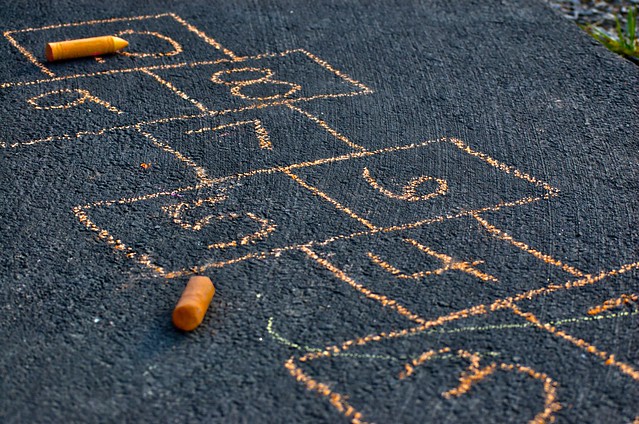Most WA federal rulings found immigrant detentions flouted due process
In 2025, Washington federal courts granted petitions challenging detention more than half the time

A quick announcement and an invitation: We recently started a project to make old news new again.
Every so often, you'll see a post from us over at QUEST, public broadcasting's award-winning series on science and sustainability. We dig into the science of our stories from over the years and look into the latest research.
Robert's first story about that gooey asphalt sealant led Washington to ban it. That was 2010 and it was the first state ban in the country. (Last year Minnesota joined Washington in passing a ban.) Yet every year about 85 million gallons of toxic waste known to promote cancer are still carefully painted across about 170 square miles of American cities and suburbs.
So please join us. We'll be over at QUEST today making some old news new.
The story you just read is only possible because readers like you support our mission to uncover truths that matter. If you value this reporting, help us continue producing high-impact investigations that drive real-world change. Your donation today ensures we can keep asking tough questions and bringing critical issues to light. Join us — because fearless, independent journalism depends on you!
— Jacob H. Fries, executive director
DonateCancel anytime.
Subscribe to our weekly newsletters and never miss an investigation.